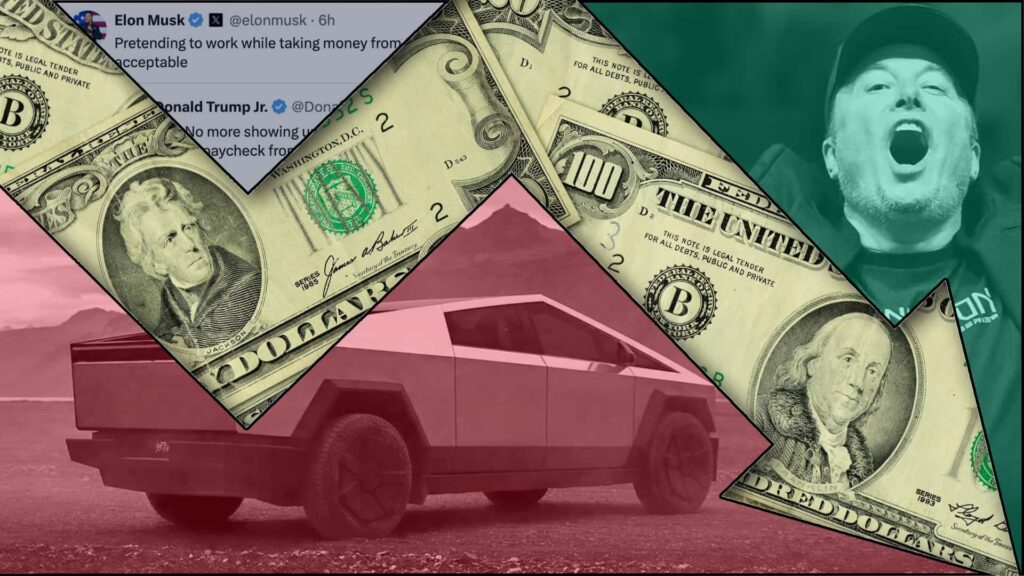Tesla, once hailed as the darling of the electric vehicle industry, has recently experienced a significant decline in brand value according to research conducted by Brand Finance. The metric used to determine this value takes into consideration the real-world performance of the automaker rather than the lofty promises it has made for the future.
In a surprising turn of events, Tesla has fallen behind industry giants such as Toyota and Mercedes-Benz in terms of brand value. While Tesla’s stock market valuation has soared to a trillion dollars, its brand value has plummeted to $43 billion, a sharp decline from the previous year. This decline is attributed to various factors, including a lack of new models and CEO Elon Musk’s involvement in controversial culture wars.
Brand Finance’s analysis also revealed that Tesla’s consideration and recommendation scores have taken a hit globally. The consideration score, which measures the likelihood of consumers considering buying a Tesla vehicle, dropped significantly in Europe. Similarly, the recommendation score, which gauges how likely people are to speak favorably of the brand, also saw a substantial decrease.
One of the factors contributing to Tesla’s declining brand value is Elon Musk’s controversial political affiliations. Musk’s support for former President Donald Trump, who initiated policies unfavorable to the electric vehicle industry, has raised concerns among consumers and investors. Additionally, Musk’s online behavior, which includes promoting conspiracy theories and misinformation, has further tarnished Tesla’s reputation.
Despite these challenges, Tesla continues to face stiff competition from traditional automakers such as General Motors, Ford, and Hyundai Motor Group, all of which have witnessed record sales of electric vehicles. Tesla’s sales declined for the first time in a decade in 2024, highlighting the growing competition in the EV market.
To address these challenges, Tesla has focused its efforts on advancing autonomy, artificial intelligence, and robotics technology. The company’s passenger car business has taken a back seat as it shifts its focus to these emerging technologies. With Musk leading the newly formed Department of Government Efficiency, Tesla’s future direction will likely be shaped by its advancements in these areas.
In conclusion, while Tesla’s brand value may have taken a hit in recent years, the company’s innovative approach to technology and sustainability continues to drive its success. As Tesla navigates the changing landscape of the automotive industry, it will be interesting to see how it adapts to evolving consumer preferences and market dynamics.

